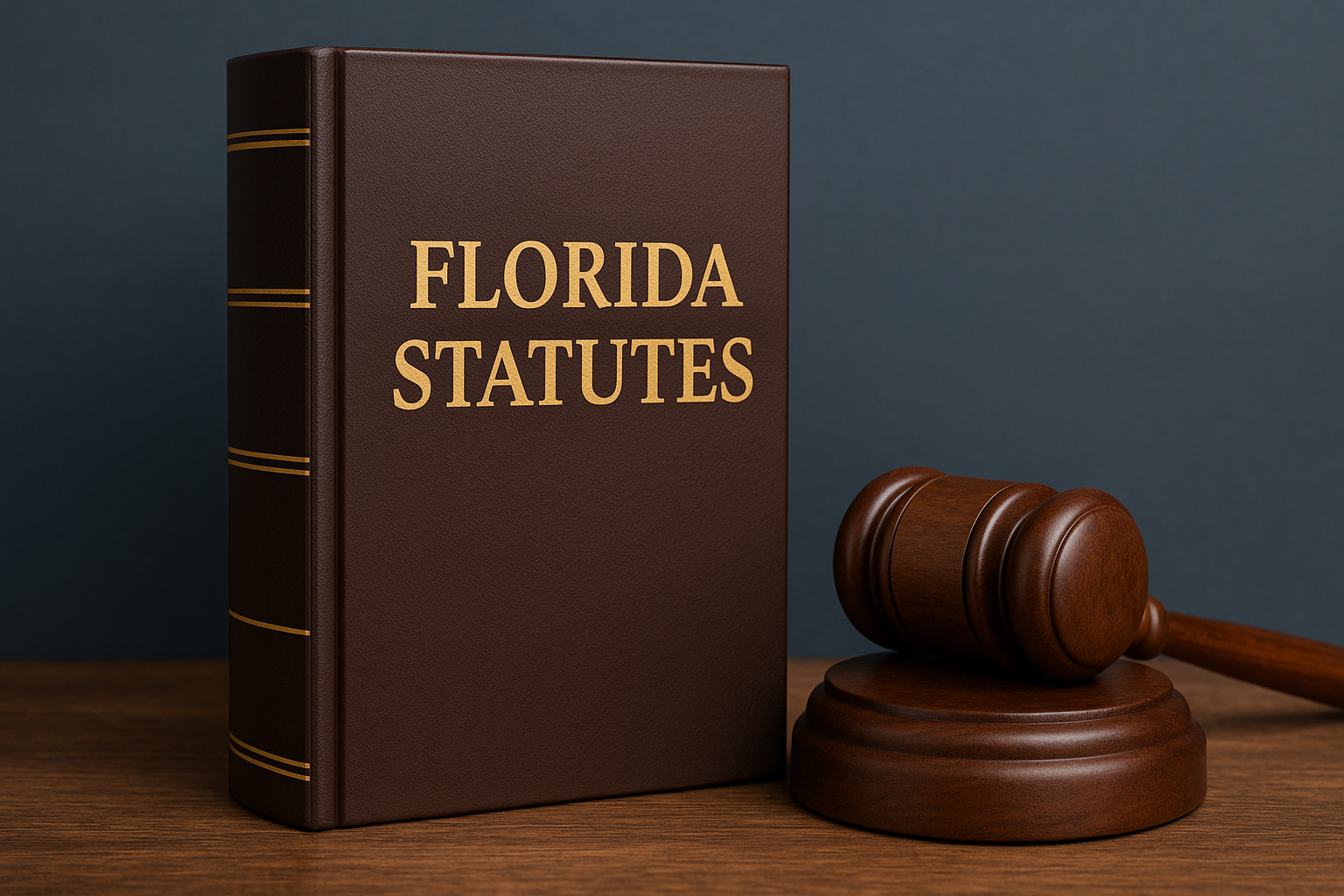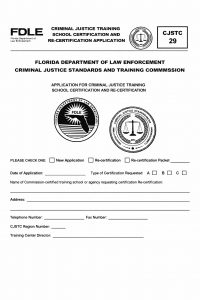We’ve been helping people navigate Florida’s notary laws for years, and Chapter 117 is the foundation of everything we do. Whether you need documents notarized or you’re thinking about becoming a notary yourself, these rules will affect you.
Eligibility Requirements for Florida Notary
Getting a notary commission in Florida isn’t automatic. You need to be at least 18 and either a U.S. citizen or legal resident. Here’s what catches people off guard: you must live in Florida OR have a business here. You can’t just be visiting and decide to become a notary.
The criminal background check is thorough. Any felony conviction disqualifies you unless your civil rights have been restored. Florida wants people handling legal documents to have clean records.
Then there’s the $7,500 bond requirement. This protects you if I mess up. It’s actual insurance money that covers damages if something goes wrong with my notarization.
Florida Notary Powers and Duties
Florida gives notaries five specific powers. When I administer oaths, I’m putting you under penalty of perjury. If you lie in a sworn statement, you can face criminal charges.
Taking acknowledgements is my most common task. I verify your identity and confirm you’re signing voluntarily. This involves more than glancing at your driver’s license.
Signature witnessing means I watch you actually sign the document. This is different from acknowledging something you signed earlier. The timing matters for legal purposes.
Copy certification lets me verify that photocopies match original documents. Courts often require certified copies because regular photocopies can be altered too easily.
Protesting negotiable instruments creates official records when checks bounce. Most people never need this service, but it becomes crucial when payment disputes end up in court.
I cannot give legal advice, draft documents, or notarize anything where I have personal interests. These restrictions prevent conflicts that could invalidate your documents later.
Florida Notary Fees and Service Costs
Florida allows me to charge up to $10 per notarial act. That might seem steep until you consider what you’re getting: professional service that follows strict legal procedures designed to protect your interests.
Be careful about notaries who seem too cheap. Proper notarization requires time, training, and insurance. Cut-rate providers might be cutting corners that could hurt you later.
Choose Trusted Notary Services for Your Documents
Notarial Certificate Requirements in Florida
Every notarization must include a certificate with specific language. Different situations require different certificates. Acknowledgments use different language than oaths, which differ from signature witnessing. Using the wrong certificate type can make your document legally worthless.
My signature and seal must appear on every certificate. The seal proves I was authorized to perform the notarial act when it happened. Documents without proper seals often get rejected by courts and government agencies.
Florida Notary Record Keeping Best Practices
Here’s something that surprises people: Florida doesn’t require notaries to keep journals. But smart notaries do it anyway, and you should care about this.
My journal creates a permanent record of what happened during your notarization. If someone challenges your document months later, the journal entry can provide crucial evidence about the circumstances.
When you’re choosing a notary, ask if they keep journals. It shows they take the work seriously and want to protect their clients.
Why Chapter 117 Florida Statutes Protects Consumers
These rules exist because notarized documents often involve serious money or important legal rights. Real estate closings, powers of attorney, and business contracts all require notarization for good reasons.
Proper notarization prevents later claims that you were coerced, that someone forged your signature, or that you didn’t understand what you were signing. My verification process creates legal evidence that courts can rely on.
Chapter 117 Violations and Legal Consequences
Florida doesn’t mess around with notaries who break the rules. Violations can result in fines, commission suspension, or complete revocation. Notaries can also be held personally liable for financial damages their mistakes cause.
These consequences give me strong incentives to follow procedures carefully. For you, this enforcement system means notaries have real reasons to take their responsibilities seriously.
Common Florida Notarization Mistakes to Avoid
Most document problems stem from notaries who don’t follow Chapter 117 properly. Using incorrect certificate language tops the list. Many notaries grab whatever certificate form they have handy instead of using the right one.
Identity verification failures cause problems too. Some notaries accept expired IDs or don’t look carefully at the documents. Conflicts of interest create serious issues. If I benefit from your transaction, courts might reject the entire document.
How to Choose Professional Notary Services
Look for professional notary public who demonstrate knowledge of Chapter 117 requirements. We should check your identification carefully, ask about your understanding of the document, and complete all certificate information properly.
Don’t get frustrated if the process seems detailed. Those extra steps protect you. A notary who rushes through requirements might save you time today but could cost you thousands if problems arise later.
Ask about journal keeping, insurance coverage, and experience with your type of document. Professional notaries can answer these questions confidently.
Understanding Chapter 117 for Better Legal Document Protection
Chapter 117 creates a legal framework that benefits everyone involved in notarized transactions. The requirements ensure your documents will withstand legal scrutiny and provide the protection you need.
When your documents matter (and they usually do if you’re getting them notarized), following Chapter 117 properly isn’t optional. It’s the difference between paperwork that works and paperwork that fails when you need it most.
Professional notaries understand these requirements and follow them consistently. We know that cutting corners today can cost you significantly tomorrow.









